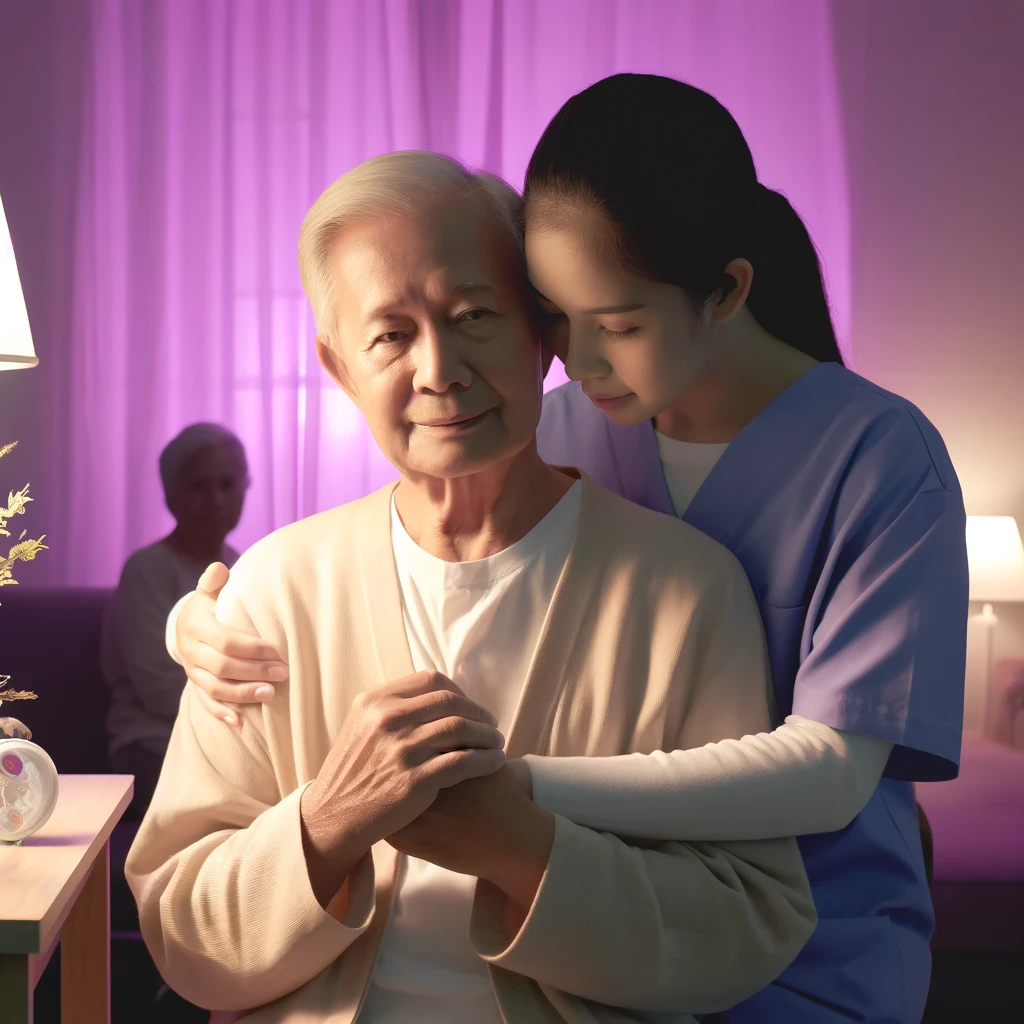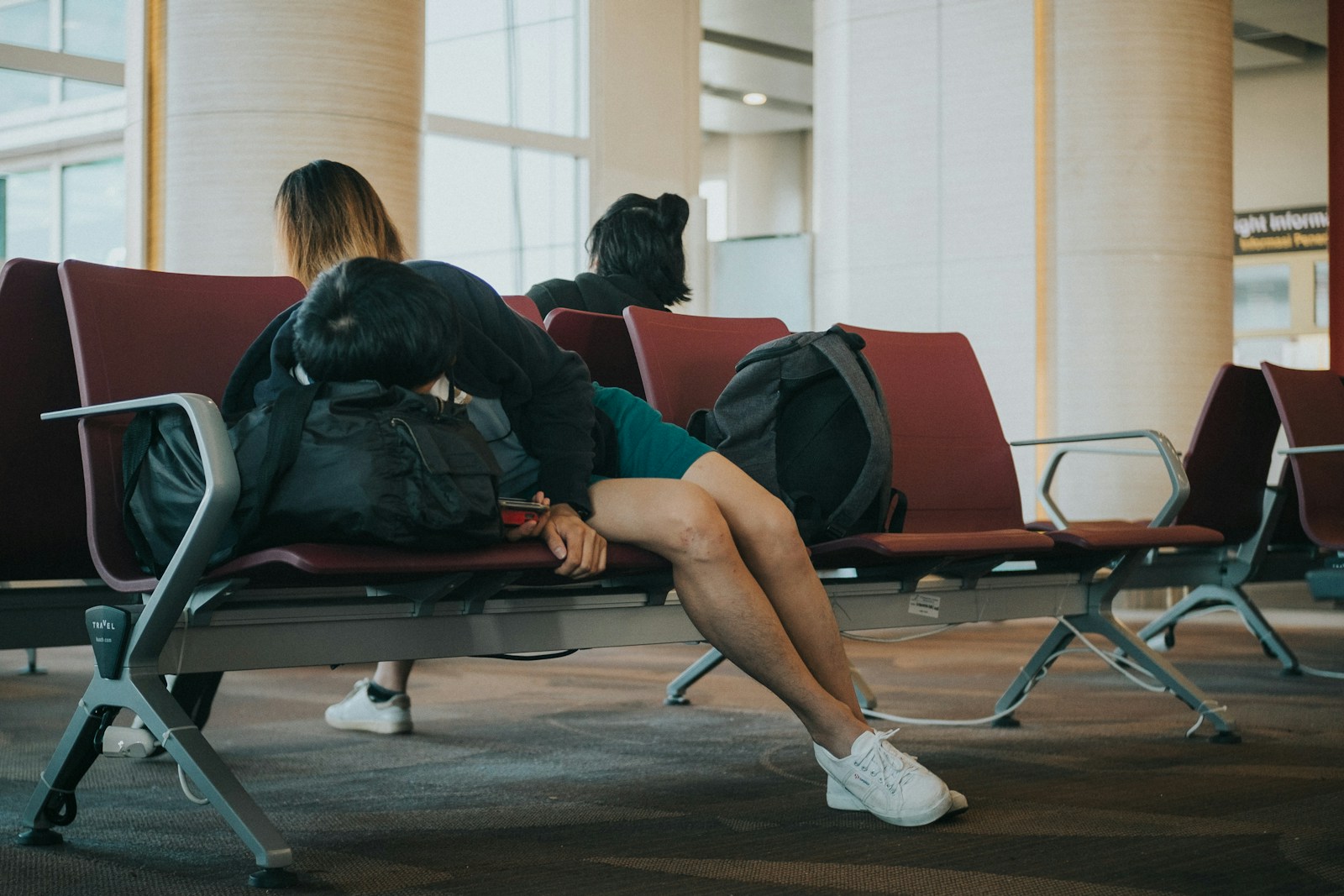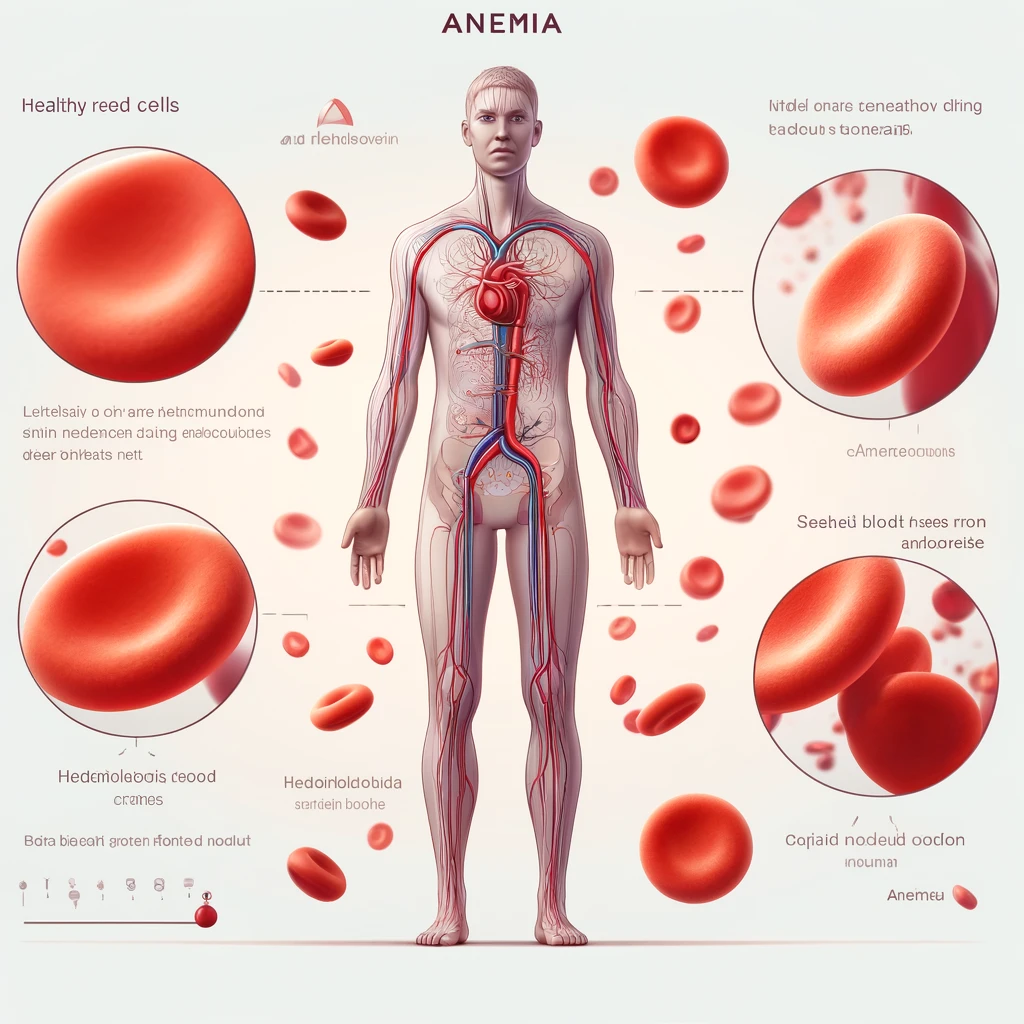June Violeta is a global campaign aimed at raising awareness in society about the importance of protecting the elderly against all forms of violence and mistreatment. This initiative seeks to promote respect and dignity for the elderly, a group that is often vulnerable and subject to physical, emotional, financial abuse and neglect. The month of June was chosen due to World Violence against Elderly Awareness Day, celebrated on June 15th.
What is Violet June?
June Violeta is an awareness campaign that aims to educate the public about the different types of violence against the elderly, encouraging the reporting and prevention of these abuses. The color violet symbolizes the dignity and respect we owe to all human beings, especially our elderly.
The Importance of Awareness
Awareness is essential to combat violence against the elderly. Many cases of abuse go unreported due to fear, shame or lack of knowledge about available resources. By increasing the visibility of this issue, Junho Violeta helps to break the silence and promote a culture of respect and care.

Types of Violence Against the Elderly
Physical violence
It involves any act that causes physical harm to the elderly, such as aggression, pushing and even unnecessary physical restraint.
Psychological violence
It includes behaviors that cause emotional or mental suffering, such as humiliation, threats and isolation.
Financial Violence
It is characterized by the misuse of elderly people's financial resources, such as theft, fraud and economic exploitation.
Negligence
It refers to the failure to meet the basic needs of the elderly, such as food, medical care and hygiene.
Signs of Abuse
Behavioral Changes
Changes in the elderly person's behavior, such as depression, anxiety or withdrawal, may be indicative of abuse.
Physical Injuries
Bruises, cuts or fractures without adequate explanation must be investigated.
Precarious Living Conditions
Unsanitary environments or neglect of personal care can be signs of abuse.
How to Report
It is crucial to know how and where to report cases of violence against the elderly. In Brazil, Dial 100 is an anonymous reporting service that forwards complaints to the competent bodies.

Prevention and Intervention
Education and Awareness
Promoting education about the rights of older people and the importance of respect is fundamental to preventing abuse.
Victim Support
Providing psychological and legal support to victims of violence is essential to help them recover and seek justice.
Public policy
Implementing and reinforcing public policies that protect the rights of the elderly is an effective measure to combat violence.
Conclusion
June Violeta is a vital campaign to raise awareness and prevent violence against the elderly. By promoting respect and dignity, we can build a fairer and safer society for everyone. Reporting abuse and supporting victims are crucial steps towards eradicating this form of violence. Together, we can make a difference in the lives of seniors by ensuring they are treated with the respect and consideration they deserve.
FAQs
1. What is Violet June?
June Violeta is a global campaign aimed at raising awareness about violence against the elderly and promoting the prevention of such abuse.
2. What are the types of violence against the elderly?
Types include physical, psychological, financial violence and neglect.
3. How can I report elder abuse?
In Brazil, you can report via Dial 100, an anonymous service that forwards complaints to the competent bodies.
4. What are the signs of elder abuse?
Behavioral changes, unexplained physical injuries, and poor living conditions can be signs of abuse.
5. What can I do to help prevent violence against the elderly?
Educating yourself about the rights of older people, reporting abuse and supporting public policies that protect older people are effective forms of prevention.








